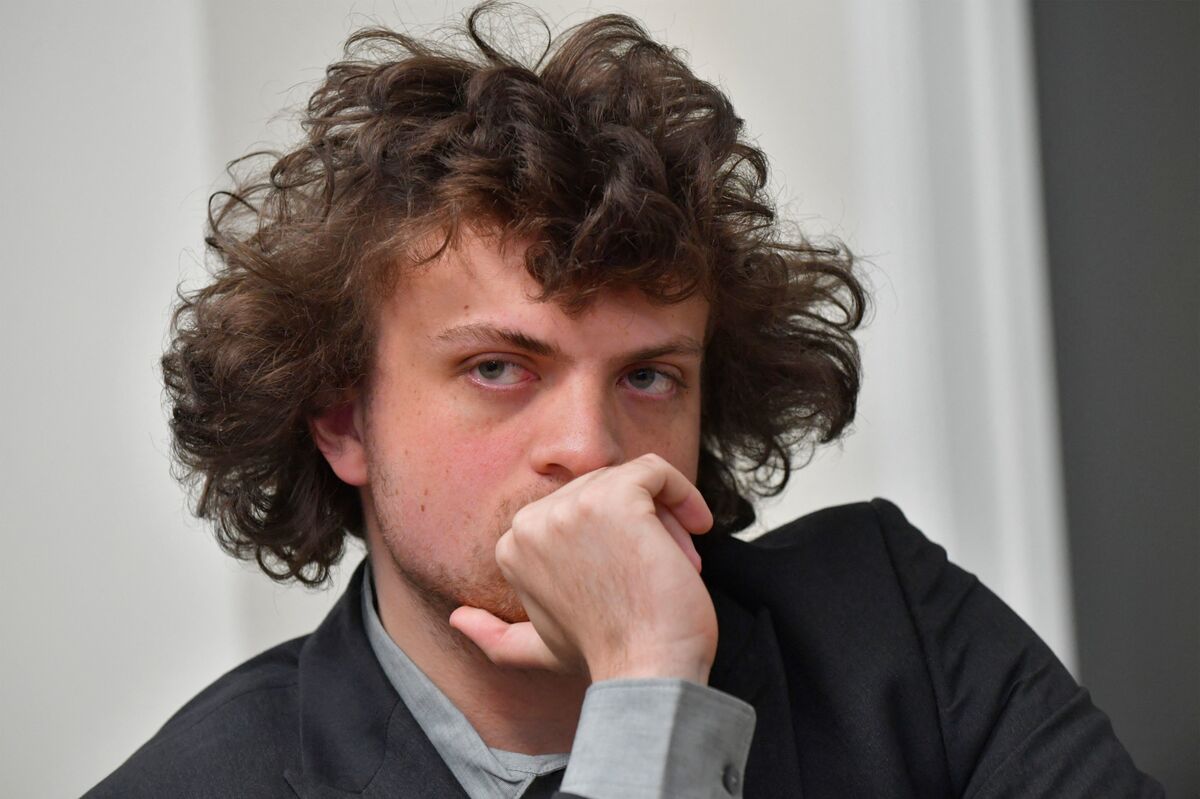
US international grandmaster Hans Niemann waits his turn to move during a second-round chess game against Jeffery Xiong on the second day of the Saint Louis Chess Club Fall Chess Classic in St. Louis, Missouri, on October 6, 2022. Tim Vizer/AFP via Getty Images hide caption

US international grandmaster Hans Niemann waits his turn to move during a second-round chess game against Jeffery Xiong on the second day of the Saint Louis Chess Club Fall Chess Classic in St. Louis, Missouri, on October 6, 2022.
Tim Vizer/AFP via Getty ImagesCheating allegations have rocked many worlds over the last few weeks.
Chess, fishing, poker, and even Irish dancing.
These 'sports' cheating scandals have attracted a lot of attention lately.
The reaction from the public makes it clear that society looks down on cheaters.
Maurice Schweitzer is a professor at the Wharton School of Business at the University of Pennsylvania.
He studies emotions, trust and ethical decision making and says that our reaction to cheating might tell us something deeper about human nature and why we care about people cheating to get ahead.
Email us at
This episode was produced by Brianna Scott. It was edited by Bridget Kelley. Our executive producer is Sami Yenigun.

 Live Radio
Live Radio